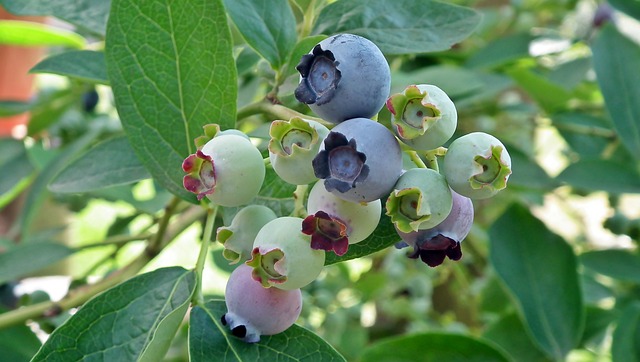November 4, 2021
By Lynda Kiernan-Stone, Global AgInvesting Media
Farmland LP is the largest asset manager focused on converting conventional farmland to sustainable organic production in the U.S. – a strategy in which investors are certainly demonstrating their confidence. And the potential is huge – while speaking at Global AgInvesting On The Green 2021 Craig Wichner, CEO, Farmland LP said, that his company estimates that there is about $80 billion worth of farmland that could be converted to organic just to serve the existing domestic market demand for organic products.
The company’s most recent announcement shares that its second fund, Vital Farmland REIT LLC (Fund II) has surpassed $100 million in capital commitments, and is on pace to reach its $150 million target through a final close in December.
“The strong response to Fund II confirms that investors are recognizing the merits of organic and regenerative farming,” said Wichner.
While speaking at Global AgInvesting On The Green 2021, Wichner said, “There is much potential in organic farmland, with only 1 percent of U.S. farmland currently designated as certified organic. About 6 percent of the U.S. food budget is spent on organic food, or about $56.5 billion, which, according to the Organic Trade Association would be much larger if not constrained by supply.”
Founded in 2009, Farmland LP owns and/or manages more than 15,000 acres of high-quality farmland in the states of Washington, Oregon, and California, with assets valued at $200 million spanning its two funds.
With a focus on high-value and permanent crops, Farmland LP is the largest asset manager in the U.S. converting conventional farming operations to sustainably-run organic farms using regenerative production practices.
“Fifty-three percent of U.S. cropland grows two commodity crops: corn and soy – that’s not the best use of that land from an economic return perspective;” said Wichner at Global AgInvesting 2021. “it’s just very operationally efficient for the farmer… in switching to organic vegetables we are taking gross revenue from $1,000 per acre to $3,000-$4,000 per acre.”
Using technology to drive productivity gains, Farmland’s funds are designed to generate competitive, risk-adjusted returns to investors while also demonstrating – and quantifying – the positive benefits of regenerative farming on human health, ecosystems, biodiversity, water resources, and climate change.
Wichner commented, “Farmland is a $2.7 trillion asset class in the U.S., offering investors consistent and stable returns. In today’s environment with significant increases in the money supply and continued inflationary pressure, U.S. farmland offers investors a lower-risk, non-correlated investment opportunity as a hedge against inflation.”
Backers of Fund II include previous investors from Fund I, institutional investors and their consultants, family offices, clients from multiple wealth management advisory firms, and accredited individual investors. The capital committed by these investors will be used to continue to back high-value add projects on Fund II farms in Oregon and Washington.
“The economics of farmland have been very strong. Over the past 90 years, it has delivered 11 percent annualized returns, about half from cash flow and half from appreciation,” said Wichner at Global AgInvesting On The Green 2021.
“From our $50 million first fund, not only did we deliver almost a 70 percent economic return to investors, but we also generated a 46 percent return to the ecosystem – carbon sequestration, clean water, healthy soil, additional pollinator habitat, etc.”
Reaching this impressive benchmark is yet one more accomplishment in a strong year for Farmland LP. Earlier in 2021 the asset manager earned the highest corporate sustainability rating awarded by HIP Investor Inc. – a top ESG and sustainability ratings firm. And in April of this year, the firm was featured as a top pic in the real asset category of the Fortune Q2/2021 Investment Guide.
“Our value-add approach to actively managing the farmland in our funds is expected to generate returns to investors in excess of those available in the broader farmland sector,” said Wichner. “Additionally, our regenerative farming practices and focus on converting conventional farmland to organic offer investors the tangible ESG benefits they are seeking, but seldom finding, in their fund managers today.”
– Lynda Kiernan-Stone is editor with GAI Media, and is managing editor and daily contributor for Global AgInvesting’s AgInvesting Weekly News and Agtech Intel News, as well as HighQuest Group’s Oilseed & Grain News. She can be reached at lkiernan-stone@

Let GAI News inform your engagement in the agriculture sector.
GAI News provides crucial and timely news and insight to help you stay ahead of critical agricultural trends through free delivery of two weekly newsletters, Ag Investing Weekly and AgTech Intel.




